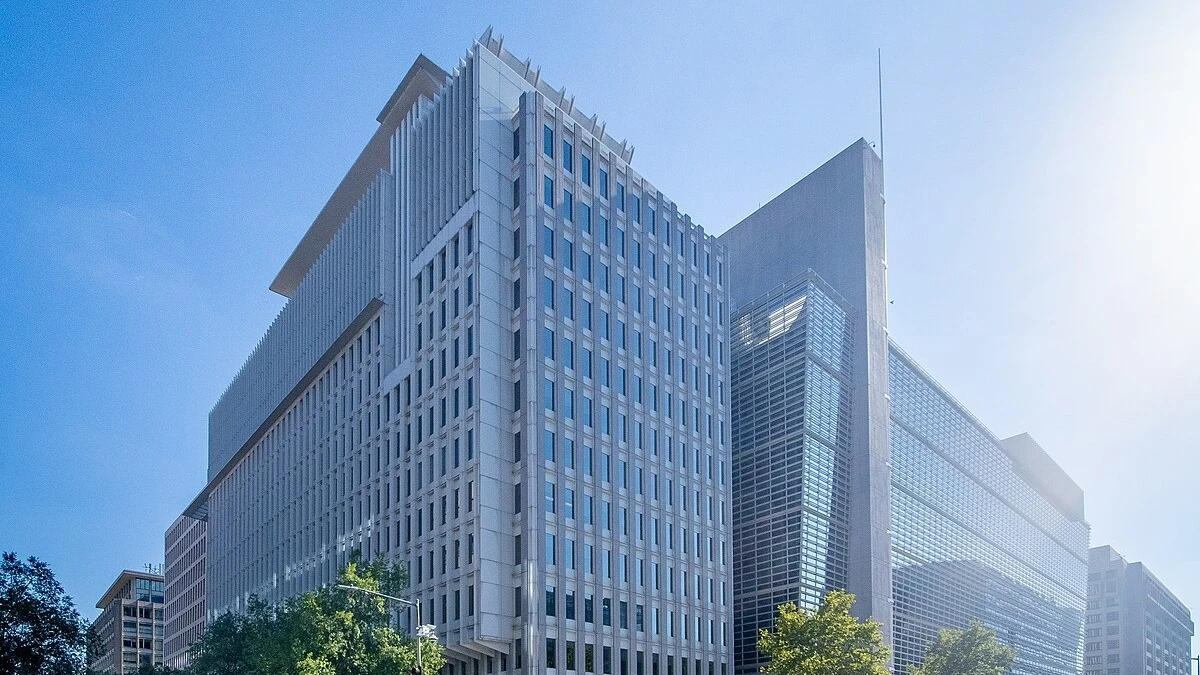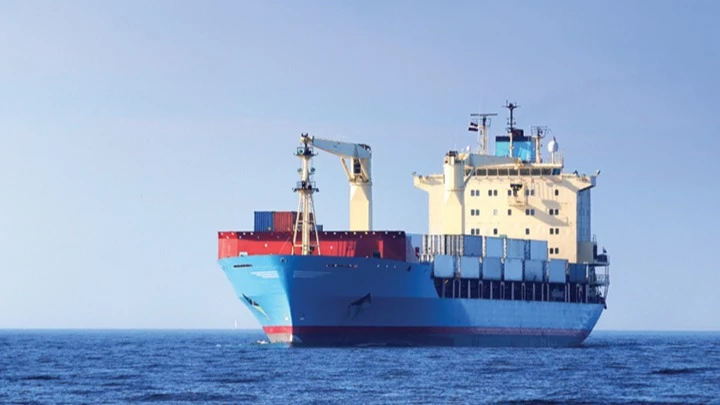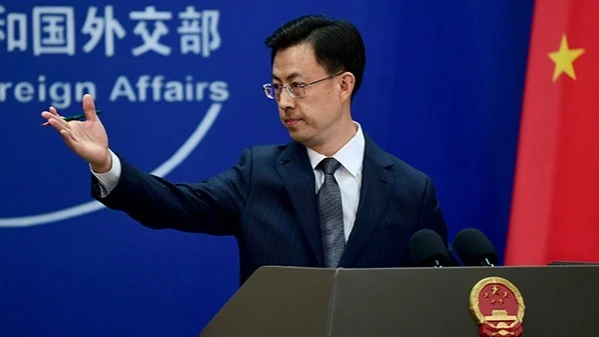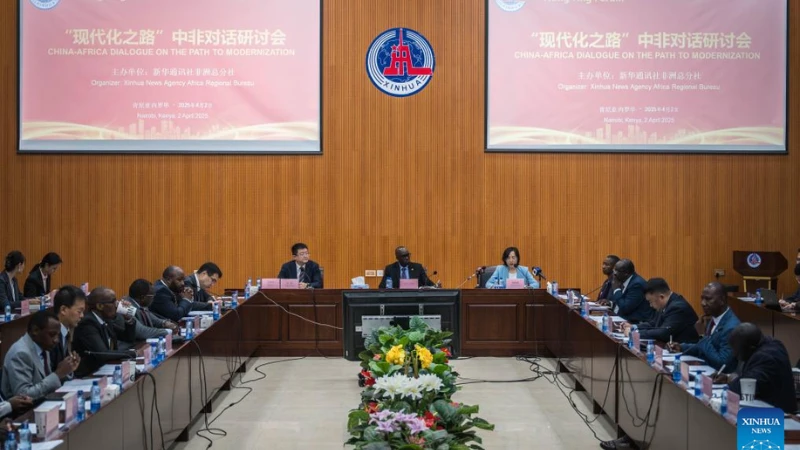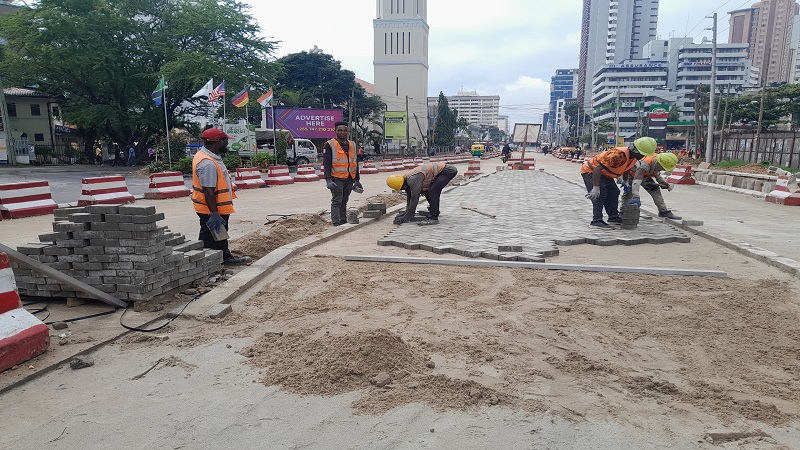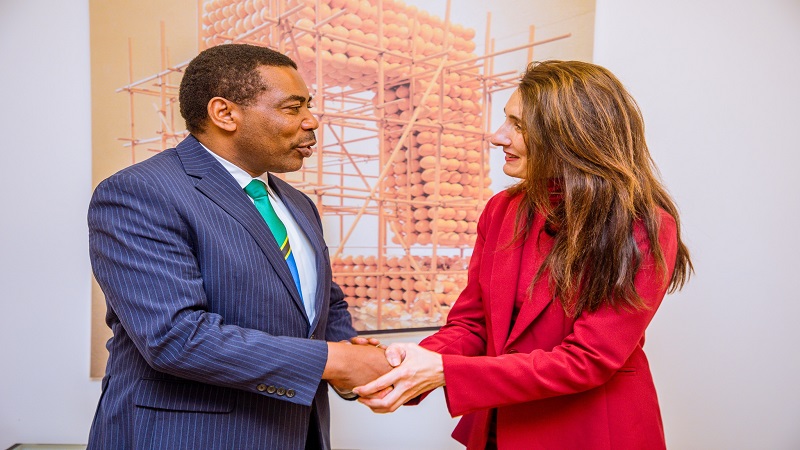Envoy recounts sacrifices ahead of TAZARA revamp
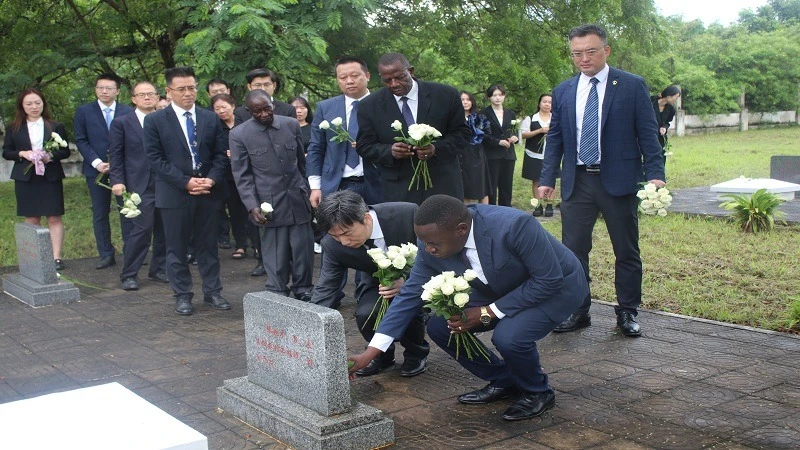
THE Chinese Embassy in Tanzania has recalled sacrifices made by technicians and workers from the partner states of the Tanzania-Zambia railway (TAZARA) during its construction that was terminated precisely 50 years ago.
Wang Yong, chargé d' affaires at the embassy, made this remark ahead of the Qingming Festival celebrated by the Chinese people annually, which this year falls on Friday and Saturday this week.
The envoy hailed the memorial of 70 Chinese experts who dedicated their lives to building the railway, where over 160 workers, among them 64 Chinese, died during the process of construction.
The elder generation of Chinese, Tanzanian and Zambian leaders made the historic decision together to build the railway, he stated, noting that at the height of the construction effort, the workforce stood at 38,000 Tanzanian and Zambian workers, along with 13,500 Chinese technical and engineering personnel.
He similarly recalled initiatives concurred last year during the Forum on China-Africa Cooperation (FOCAC) in Beijing, where the three heads of state of the TAZARA partnership witnessed the signing of a memorandum of understanding on revitalizing the railway.
The revamping process will accelerate the economic growth and strengthen the position of Dar es Salaam as a major regional logistics hub, he stated, affirming that the revamping effort will also provide jobs and training opportunities along the route.
“Our promise to Tanzanian people is that we stand ready to work more closely with our friends, to improve its work and benefits to both parties.”
Bruno Ching’andu, the TAZARA managing director, said as custodians of the legacy, they are dedicated to working tirelessly to maintain and modernize the vital artery, ensuring it continues to drive regional connectivity and prosperity.
“The revitalisation is not just about a railway. It is about restoring hope, rekindling trade and enriching livelihoods across Tanzania, Zambia and the border region,” he stated
China came to the aid of Tanzania and Zambia in the mid-1960s after the white settler minority declared independence, and Zambia was compelled to seek other routes for external trade instead of Southern Rhodesia and South Africa.
The railway, built from 1970 to 1975, is a 1,860 km single-track line, known as the Uhuru Railway for the first decades, stretching from Dar es-Salaam to New Kapiri Mposhi, connecting with other lines to the copper mining areas in particular.
David Kihenzile, the Transport deputy minister, hailed China’s affection and emotions attached to the railway as alive even today, evident on the plan for the China Civil Engineering Construction Corporation (CCECC) taking up a 30 year concession to run the railway, and revamp it.
The MoU witnessed by the Heads of State projects an investment of over$1.4bn in infrastructure and rolling stock purchase to revive its operations, he added.
Top Headlines
© 2025 IPPMEDIA.COM. ALL RIGHTS RESERVED








